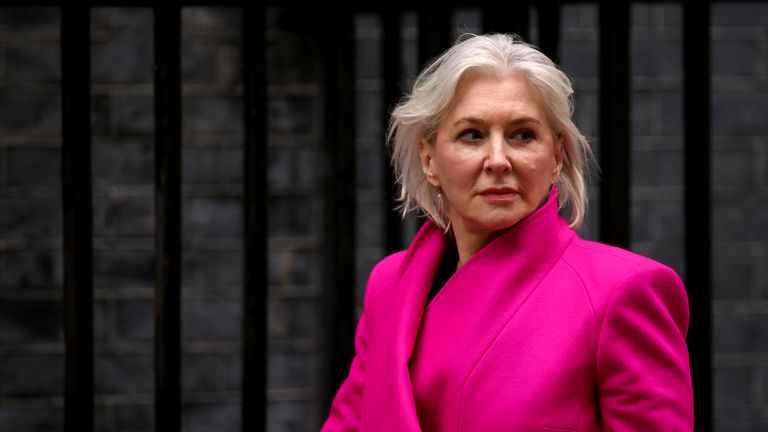Laws that will require social media sites and tech firms to prevent users being exposed to harmful content are being introduced to parliament after several major updates.
The Online Safety Bill has been in the works for about five years and will see communications regulator Ofcom get the power to issue fines or block sites that break the rules.
Additions to the bill include the power to hold executives criminally liable if they don’t comply with Ofcom information requests two months after the law begins, rather than the two years previously proposed.
Managers will also now be criminally liable for destroying evidence, failing to attend Ofcom interviews – or giving false information, or for obstructing the regulator if it enters their offices.
The biggest social media firms must also address “legal but harmful” content under the updated proposals.
They will have to do risk assessments on the type of harms that could appear and state in their terms of service how they plan to tackle them.
What constitutes “legal but harmful” material will be set out by the government in secondary legislation.
Other changes to the Online Safety Bill include a requirement to report child sexual abuse to the National Crime Agency.
The government says news content will be exempt from the regulations to protect free speech.
Earlier versions of the bill were accused of not being strong enough, and other changes recently announced include criminalising cyberflashing and making porn sites ensure users are over 18.
Culture Secretary Nadine Dorries said tech firms had previously not been held to account when harm, abuse and criminal behaviour had “run riot” on their sites.
“We don’t give it a second’s thought when we buckle our seat belts to protect ourselves when driving,” she said.
“Given all the risks online, it’s only sensible we ensure similar basic protections for the digital age.
“If we fail to act, we risk sacrificing the wellbeing and innocence of countless generations of children to the power of unchecked algorithms.
“Since taking on the job I have listened to people in politics, wider society and industry and strengthened the Bill, so that we can achieve our central aim: to make the UK the safest place to go online,” said the culture secretary.
Tory MP Damian Collins, chair of the committee that scrutinised the previous version of the bill, said it was a “huge moment for the safety of all internet users”.
“I’m very glad to see that the government has adopted so many of our recommendations, ensuring we really will make the UK the safest place to be online in the world. The era of self-regulation for Big Tech has finally come to an end,” he said.
However, some campaigners have said targeting “legal but harmful” is a “censor’s charter” that could damage free speech.
“Failure to remove it will ban Brits from doing normal things like making jokes, seeking help and engaging in healthy debate online,” said Jim Killock, head of the Open Rights Group
“There are now lots of new and unworkable ideas tacked on at the last minute, making it a monstrous melange of fit to fail duties that will make minority groups less safe online.”

